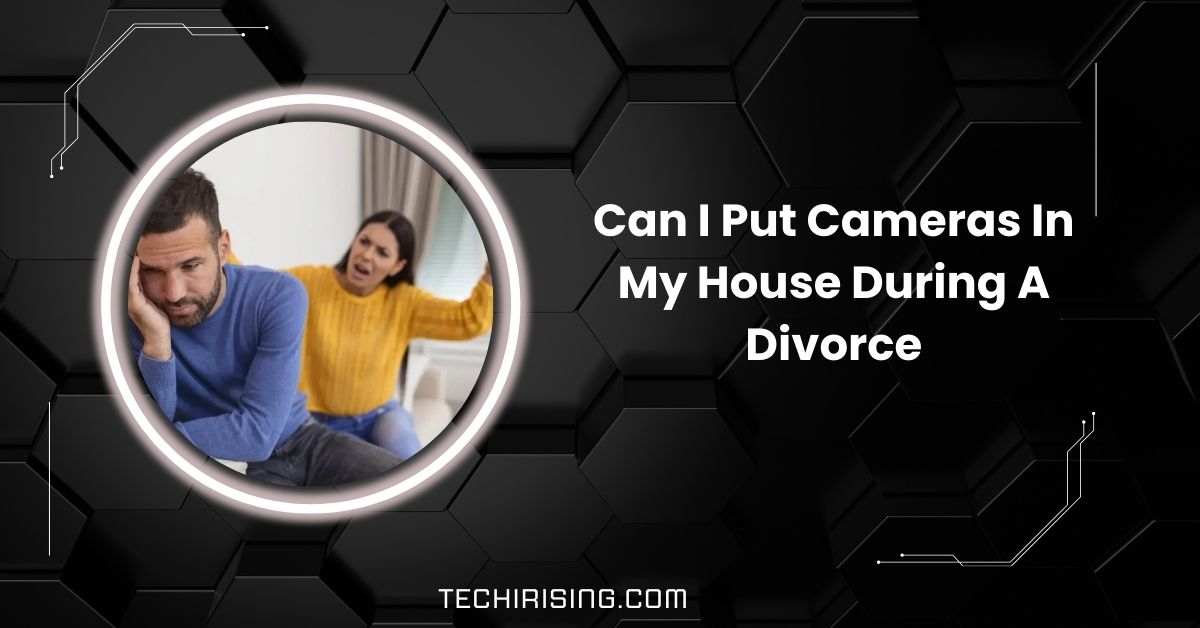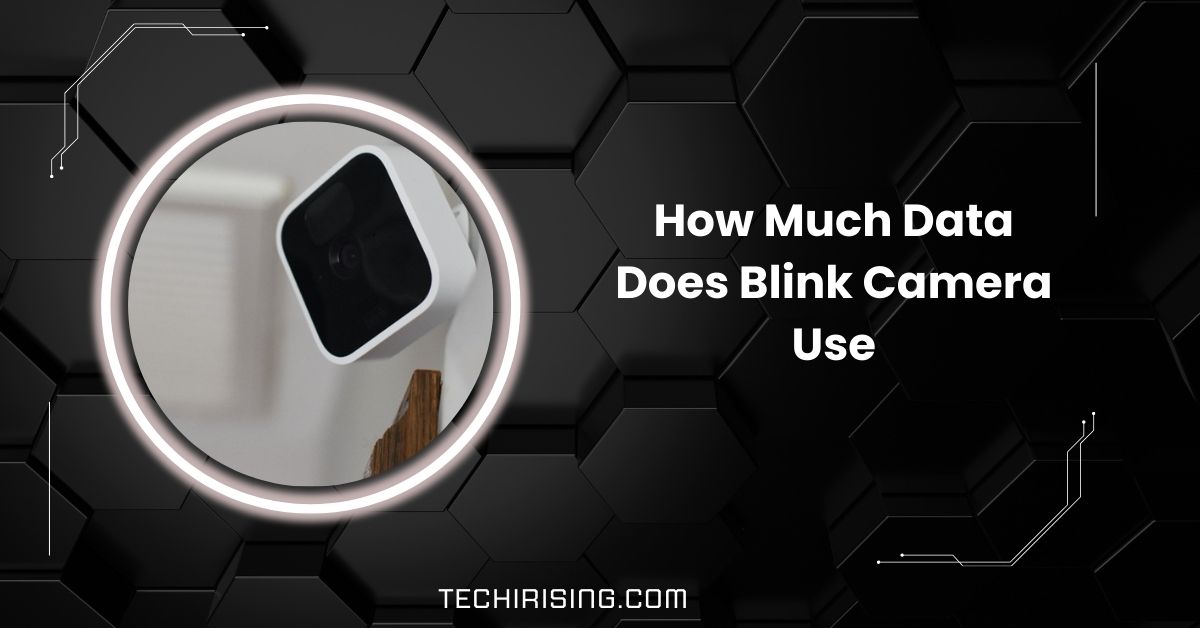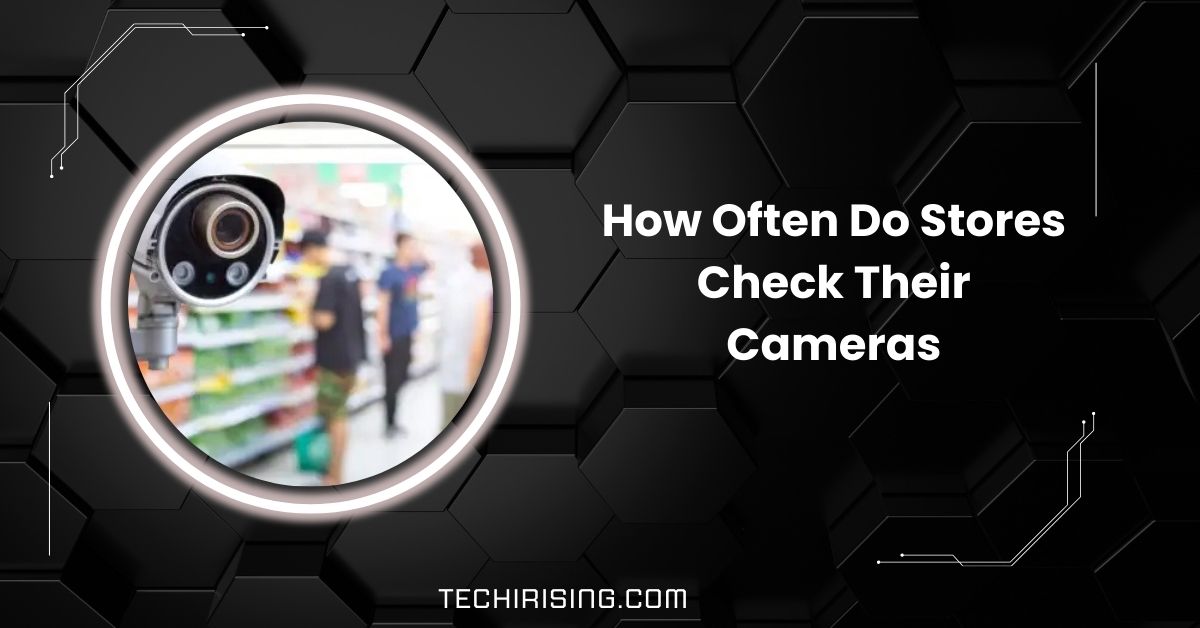Going through a divorce is never easy. Emotions run high, and questions about your rights, security, and privacy can arise.
You can put cameras in your house during a divorce, but not in private areas like bathrooms. Ensure you follow privacy laws and avoid surveillance without your spouse’s knowledge, as it may violate legal and ethical boundaries.
In this article, we’ll explore what you need to know about using cameras during a divorce—how to stay within the law and your rights and protect your privacy while making informed decisions. Let’s dive in!
Understanding Surveillance Laws!
Surveillance laws protect your privacy and others’ rights. You can’t record someone without their permission in most places, especially in private areas.
Each state has different rules, so learning what’s allowed where you live is important. Generally, cameras in public areas like living rooms are okay, but you must avoid private spaces, such as bedrooms or bathrooms, where privacy is expected.
Legal Considerations During Divorce

During a divorce, legal issues around surveillance can get tricky. If you install cameras, you must follow privacy laws, especially in shared spaces.
Recording private moments without your spouse’s consent can lead to legal problems, including fines or an invasion of privacy claim.
It’s important to check your local laws and consult a lawyer to avoid making mistakes that could affect your divorce proceedings.
1. Types of Surveillance Allowed
There are two main types of surveillance: indoor and outdoor cameras. Indoor cameras can be installed in common areas like the living room, but recording private spaces or conversations can be illegal.
Outdoor cameras, like monitoring the yard or driveway, are usually allowed for security. Always ensure the cameras are not too invasive, and avoid audio recordings without consent to stay within the law.
Also Read: Can My Wife Put Cameras In The House: A Complete Guide!
Potential Legal Consequences!
If you install cameras illegally, you could face serious legal consequences. For example, you might be accused of invading someone’s privacy, leading to fines or criminal charges.
If the footage is used in court, it might be thrown out if it was illegally obtained. Always make sure to follow the law to avoid complications in your divorce and to protect yourself legally.
1. Ethical Considerations
Installing cameras during a divorce can harm trust and cause emotional distress. It’s important to consider whether it’s the right thing to do, legally and morally.
Consider how it may affect your relationship and your spouse’s privacy. Divorce is already difficult, and respecting privacy can help you maintain a level of dignity and fairness during this challenging time.
What to Know About Digital Spying During a Divorce?
Digital spying, like tracking someone’s phone or hacking their accounts, is illegal and can have serious consequences.
It’s important to respect privacy and avoid using technology to monitor your spouse without consent. Always follow the law during a divorce.
Can my husband put cameras in the house without my permission?
No, your husband cannot legally put cameras in the house without your knowledge or permission. Doing so may violate your privacy rights. Cameras can only be placed in shared areas, and private spaces like bedrooms must be respected during a divorce.
Can you install security cameras in your house while going through a divorce?
Yes, you can install security cameras in your home during a divorce, but only in public areas, like the living room or yard. Avoid placing them in private areas, like bedrooms, to prevent privacy violations. Check local laws to stay compliant.
Can I put cameras in my house during a divorce in the UK?
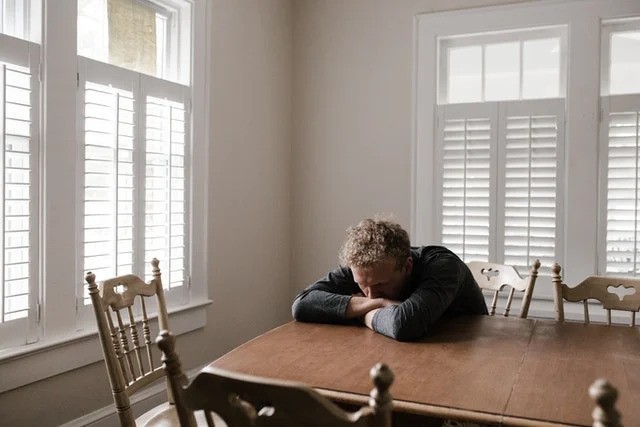
In the UK, you can install cameras for security purposes in shared areas of your home. However, recording private spaces like bedrooms or bathrooms without consent is illegal. Make sure to follow privacy laws and consult a legal expert if unsure.
Who loses the most in a divorce?
Children often lose the most in a divorce due to emotional stress and changes in living situations. Adults can face financial and emotional challenges as well. However, children’s well-being is usually most affected, making their care a priority during divorce.
Read Out: Do Blink Cameras Record 24/7 – A Detailed Review In 2024!
Can you use video evidence of abuse in divorce proceedings?
Yes, video evidence of abuse can be used in divorce proceedings if it is legally obtained. It can support your case, but you must ensure it follows privacy laws. Always consult with a lawyer to properly use such evidence in court.
What if my husband secretly recorded an argument between us and used it against me in court in Michigan?
If your husband secretly recorded an argument, it might be illegal in Michigan, especially if you weren’t aware of it. Discuss this with a lawyer to understand your rights and how to handle the situation, as it could affect the case.
Can security camera footage be used as evidence in legal proceedings?
Yes, security camera footage can be used as evidence in legal proceedings if it is legally obtained. However, it must comply with privacy laws. Ensure the footage was collected in a way that follows the law to be admissible in court.
Should I press charges against my ex’s wife?
Whether to press charges depends on the situation. If your ex’s wife did something illegal or harmful, consult a lawyer to understand your options. Filing charges is a serious decision and requires clear evidence of wrongdoing.
How can I file a lawsuit against someone with no evidence?
Filing a lawsuit without evidence is difficult. To make your case, you’ll need proof that supports your claim. Gather all possible evidence, then speak with a lawyer to assess whether you have a strong case before proceeding.
Is it Legal to Spy on Your Spouse During Divorce?
No, it is generally illegal to spy on your spouse during a divorce. This can violate privacy laws and may negatively affect your case. Instead, follow legal channels, like hiring a private investigator, and consult a lawyer.
Can my wife put cameras in the house?
Your wife can install cameras in the house for security, but only in shared areas. Private spaces like bedrooms should not be recorded without consent. Always follow local laws and consult a lawyer if you have privacy concerns.
Do you have to tell someone if you have a camera in your house?
While you may not always have to tell someone, it’s a good idea to inform them, especially in shared spaces. Doing so can help avoid privacy issues and legal complications. Check local laws to ensure compliance with surveillance rules.
Is it illegal to put a camera in someone’s house without permission?
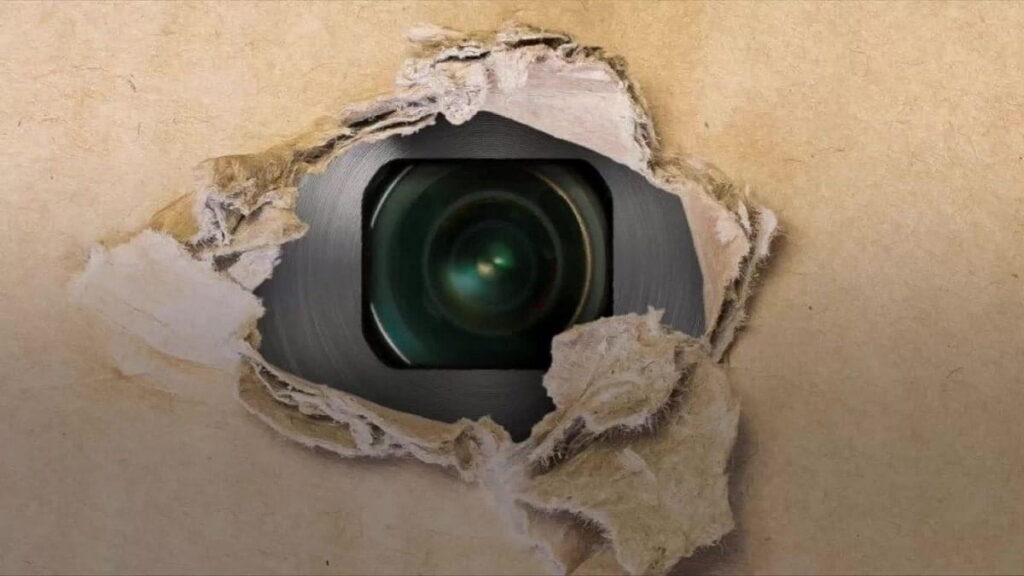
Yes, putting a camera in someone’s house without their permission is illegal. Doing so violates privacy laws and can lead to serious legal consequences. Always ask for consent and know the legal guidelines when installing cameras.
Benefits and Risks of Home Surveillance in Divorce
1. Benefits of Home Surveillance in Divorce:
- Increased Security: Surveillance cameras can help protect your home and property during a divorce.
- Evidence Collection: Can provide valuable footage for legal proceedings, especially in cases of abuse or disputes.
- Peace of Mind: Knowing your home is monitored can reduce anxiety during a stressful time.
- Monitor Children’s Safety: Cameras can ensure your children are safe if you co-parent or deal with custody issues.
2. Risks of Home Surveillance in Divorce:
- Privacy Violations: Installing cameras in private areas like bedrooms can breach privacy laws.
- Legal Consequences: Unauthorized surveillance could lead to fines, criminal charges, or inadmissible evidence in court.
- Ethical Concerns: Cameras can damage trust and escalate the conflict, especially in tense relationships.
- Emotional Impact: The knowledge of being watched can cause stress or harm relationships during a vulnerable time.
How to Legally Install Cameras at Home
To legally install cameras, place them in public or shared spaces like living rooms or yards. Avoid private areas like bedrooms or bathrooms. Always follow local privacy laws and check if you need consent from others living in the home.
Need To Know: How To Keep Wasps Away From Blink Cameras – Solutions!
Protecting Your Rights with Home Security Cameras
Home security cameras can protect your property and family but must be used legally. Install them in public areas to avoid privacy issues. Inform family members about the cameras and ensure you follow local laws to stay protected.
Is It Legal to Put Cameras in Your Home During Divorce?
Yes, you can install cameras in common areas like the living room, but avoid private spaces like bedrooms. Always check local laws, as they vary by state or country. Be mindful of privacy laws and consult a lawyer for guidance.
Cyber Spying on Your Spouse During a Divorce
Cyber spying, like tracking your spouse’s phone or hacking their accounts, is illegal and can lead to serious consequences.
Instead, follow legal procedures like hiring a private investigator if necessary. Protect your rights by avoiding unlawful digital spying.
My husband has cameras all over the house
If your husband has installed cameras, make sure they follow legal guidelines. Cameras can be legal in shared spaces but should be avoided in private areas like bedrooms. If you’re concerned, consult a lawyer to discuss your rights and potential privacy issues.
What to Know About Digital Spying During a Divorce
Digital spying, including tracking phones or accessing private accounts without consent, is illegal during a divorce. Violating privacy laws can result in severe consequences. Always follow legal channels and consult a lawyer before using technology to monitor your spouse during a divorce.
Is It Legal for Spouses to Hide Cameras During Divorce?
No, it’s illegal for spouses to hide cameras during a divorce, especially in private areas like bedrooms. This violates privacy laws and can lead to legal consequences. Always make sure both parties are informed and follow local surveillance laws.
FAQs
1. Are home security cameras an invasion of privacy?
Home security cameras do not invade privacy if placed in public areas. However, recording private spaces may violate privacy rights.
2. How to stay strong during a divorce?
Stay strong by focusing on self-care, seeking support from loved ones, and consulting a therapist or lawyer for guidance.
3. Why should you never leave your house in a divorce?
Leaving your house during a divorce may harm your legal position, especially regarding custody or property rights. Stay informed.
4. Can I legally take down cameras in my home that have been installed by my wife?
Yes, if your wife installed cameras without your consent, you can legally remove them. Check local laws for specific rules.
5. I AM GOING THROUGH DIVORCE….CAN I SETUP HIDDEN CAMERAS MY HOUSE?
No, setting up hidden cameras without consent is illegal and may violate privacy laws. Follow legal guidelines and consult a lawyer.
6. Is it legal to put hidden cameras up in your own house that your spouse doesn’t know about?
No, it’s illegal to install cameras in private areas secretly. Always inform your spouse and follow local surveillance laws.
7. Can you use surveillance footage as evidence in court for divorce proceedings against your spouse?
You can use surveillance footage if it is legally obtained. Unlawfully gathered footage may be inadmissible in court.
8. Can a spouse install cameras in the house without letting the other spouse know during divorce proceedings?
No, installing hidden cameras without the other spouse’s knowledge is illegal and may violate privacy laws during divorce proceedings.
9. Can I record my spouse in my own home that I purchased before the marriage without her knowing where the camera is?
No, recording your spouse secretly without consent is illegal. Privacy laws protect individuals in private spaces, even in your own home.
10. I live in Ohio, If I am in the middle of a divorce can I put. Video monitoring system inside and outside of my home?
In Ohio, you can install cameras in public areas of your home. Avoid private spaces, and always check local laws.
Conclusion
In conclusion, while installing cameras during a divorce is possible, it’s crucial to respect privacy laws and avoid recording private spaces. Always stay informed about legal regulations, and consult a lawyer to ensure you protect your rights and privacy.

